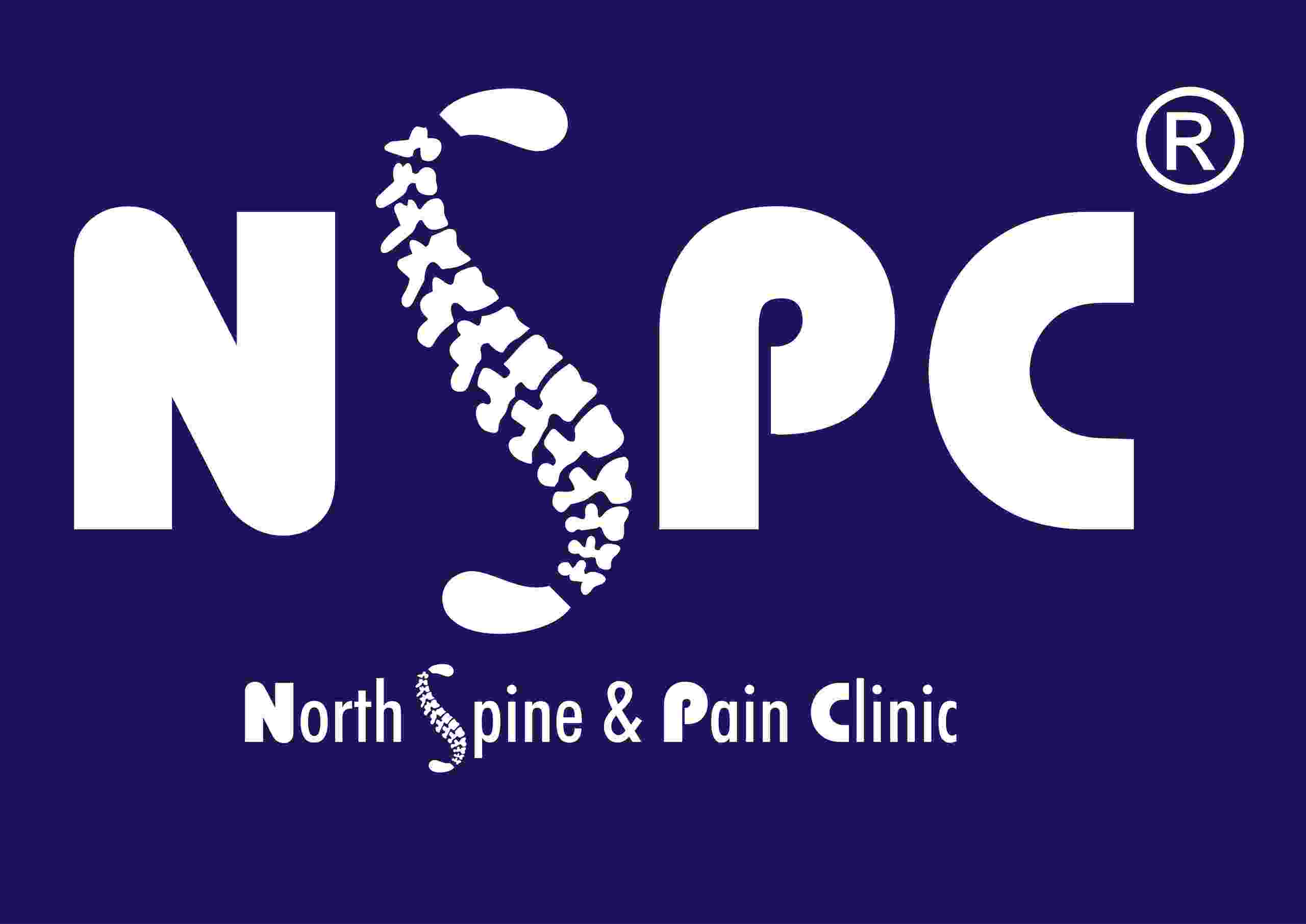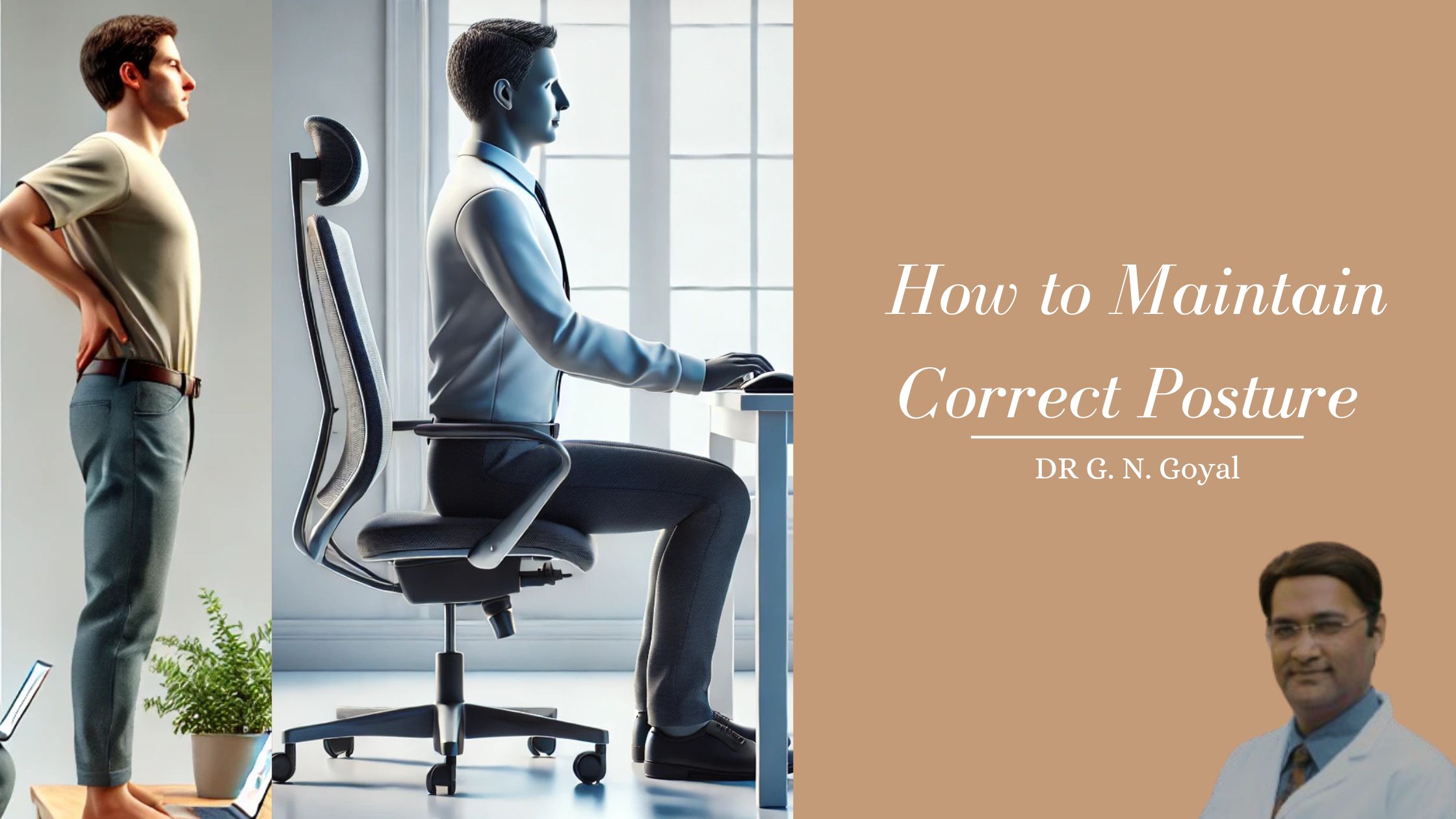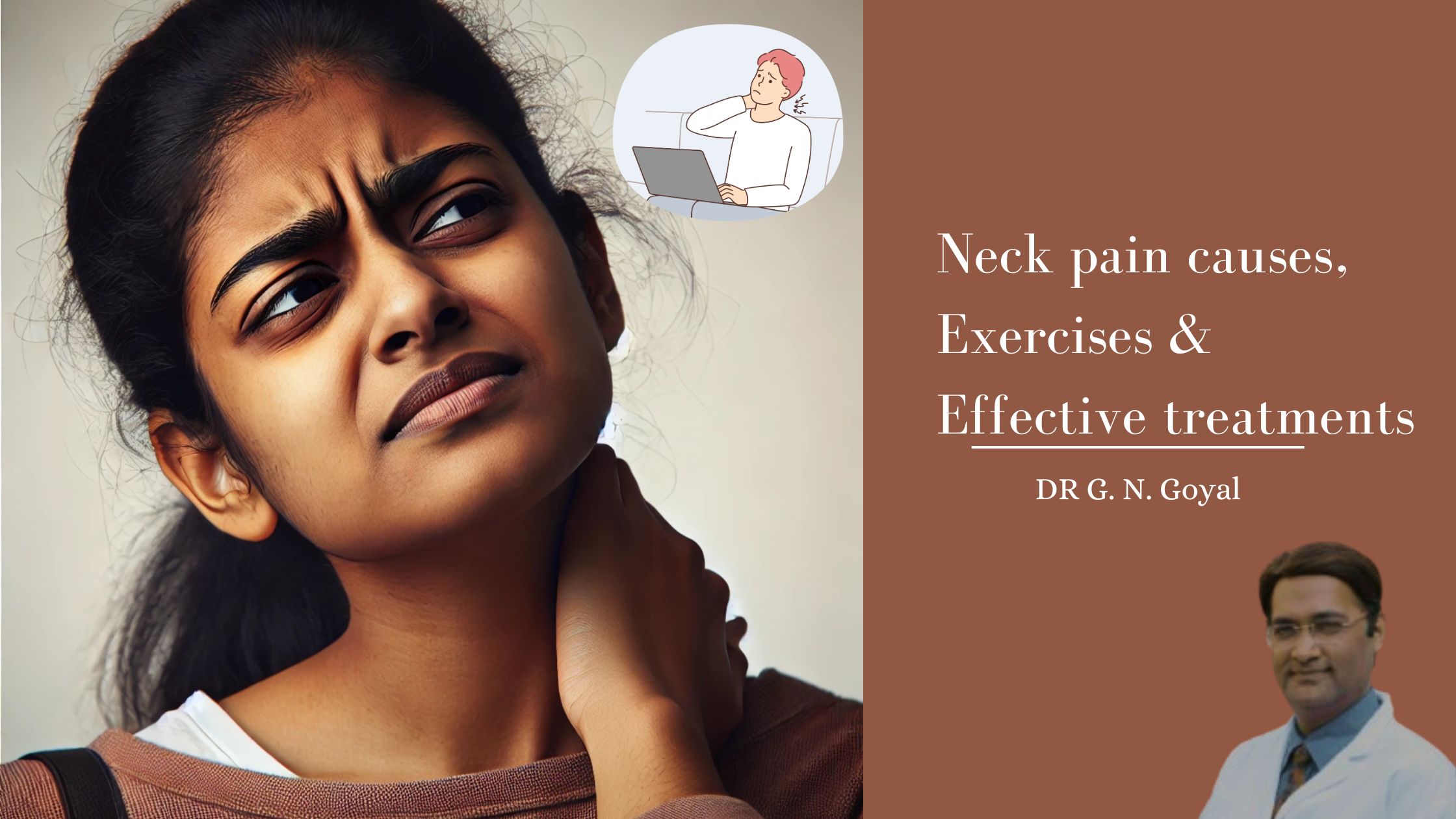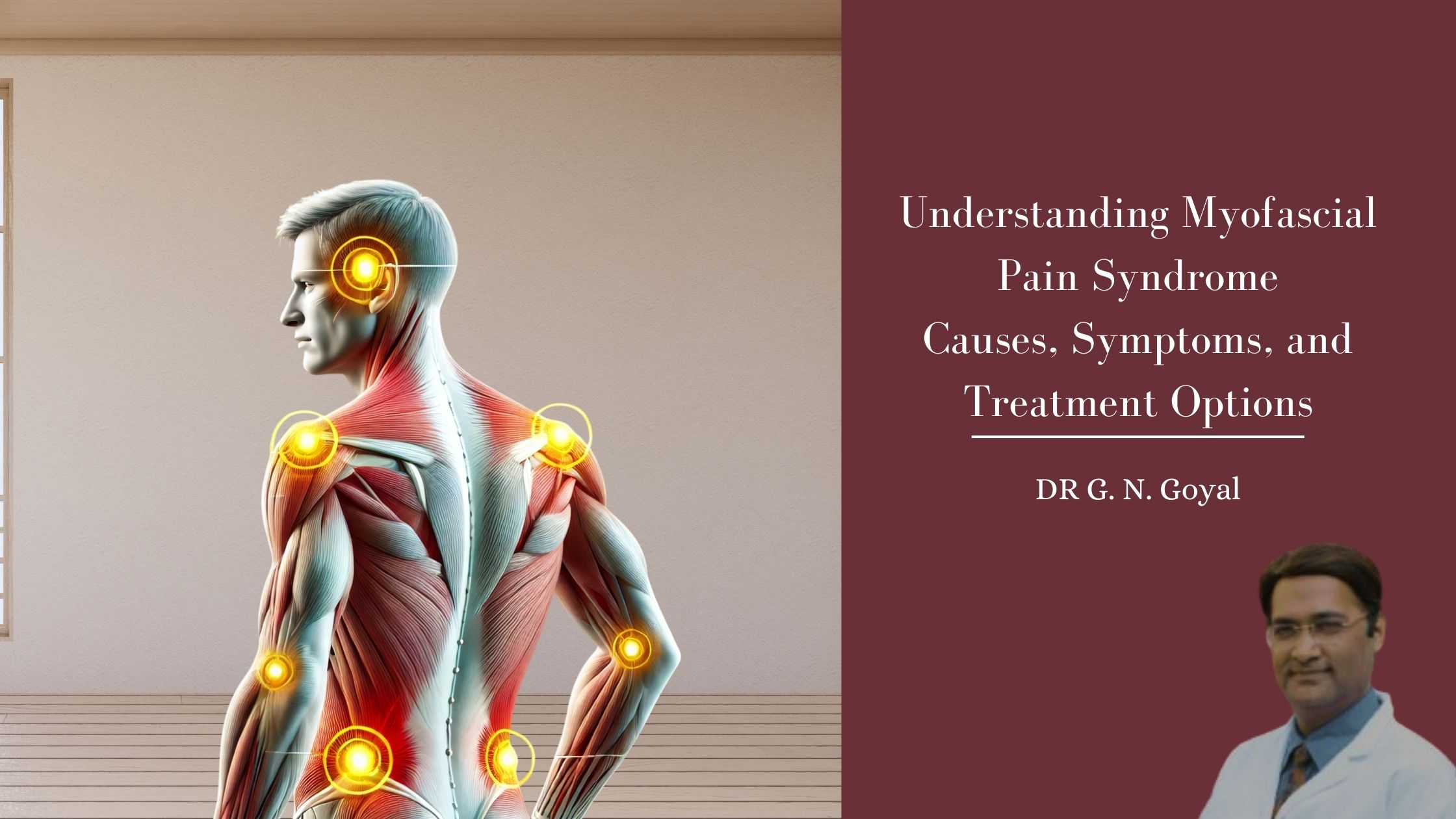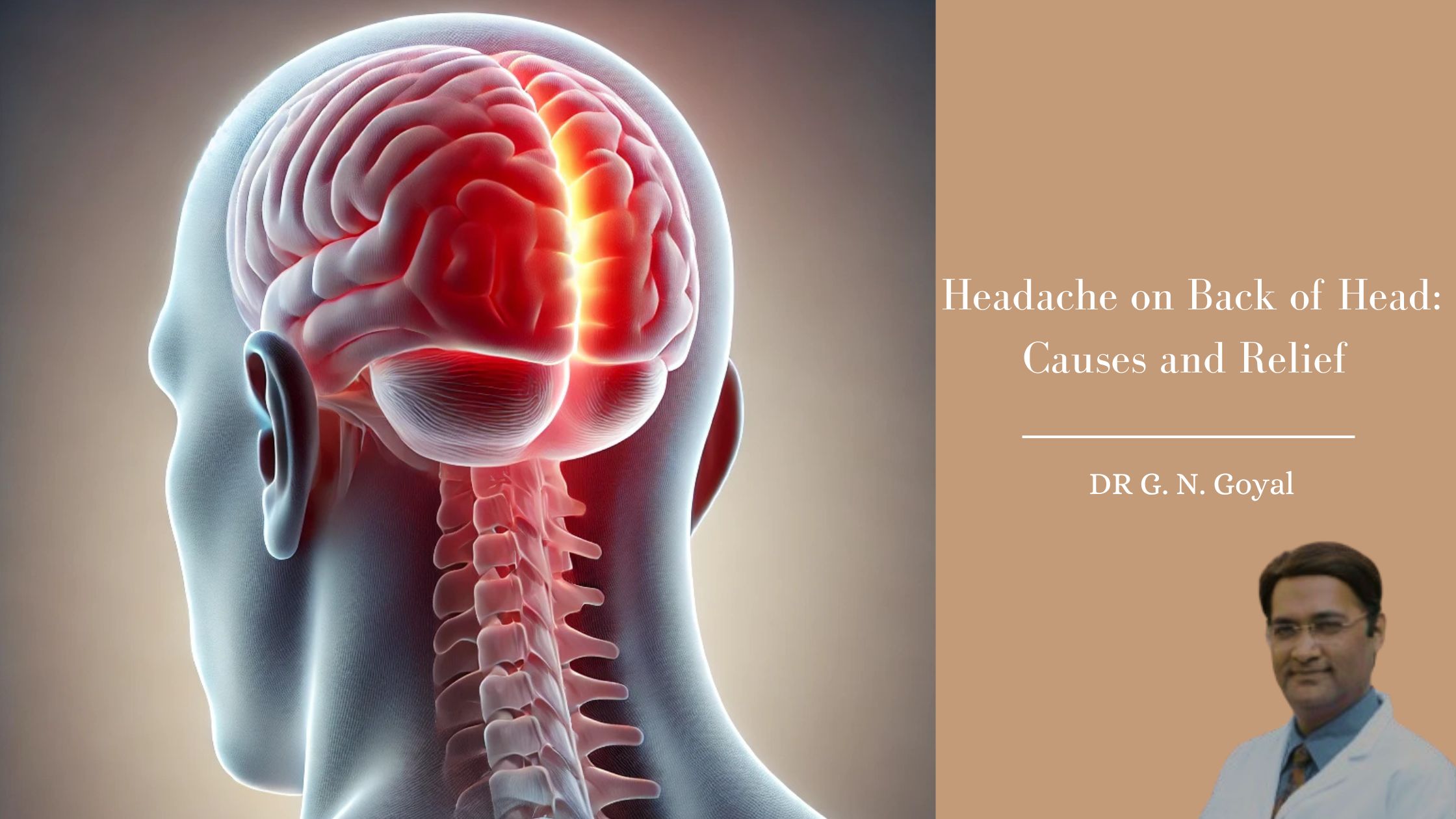Which Doctor for Neck Pain? Find the Right Specialist for Relief
Which Doctor for Neck Pain? Find the Right Specialist for Relief
Neck pain is a common problem that affects people of all ages. Whether it’s neck pain on the left side or general discomfort, it can interfere with daily life and productivity. Many individuals wonder, “Neck pain consult which doctor?” or “Which doctor for neck pain?” Finding the right specialist is essential for proper diagnosis and treatment.
In this blog, we will explore the causes of neck pain, when to see a doctor, and which medical specialist can provide the best care for neck pain left side or general neck discomfort.
Common Causes of Neck Pain
Before we discuss which doctor for neck pain, it’s important to understand the possible causes of neck pain. Here are some common reasons:
✔ Poor Posture – Sitting in the wrong position for long hours can cause neck pain left side or right side.
✔ Muscle Strain – Sudden movements or heavy lifting can lead to neck pain on the left side, because most of us are usually right handed people.
✔ Injury or Trauma – Accidents, falls, or sports injuries can cause neck pain.
✔ Cervical Issues – Problems like herniated discs in cervical spine, arthritis in neck spine, or cervical spondylosis can lead to neck pain left side or both sides.
✔ Stress and Tension – Mental stress often results in tight muscles, causing neck pain left side.
When to See a Doctor for Neck Pain?
Not all cases of neck pain require medical attention. However, you should consult a specialist if you experience:
🔹 Persistent neck pain on the left side or both sides for more than two weeks.
🔹 Difficulty moving your neck due to stiffness or pain.
🔹 Tingling, numbness, or weakness in your arms or shoulders.
🔹 Severe neck pain that disrupts your sleep or daily activities.
🔹 Dizziness, headaches, or loss of balance along with neck pain left side.
If you are wondering, “Neck pain consult which doctor?” or “Which doctor for neck pain?“, keep reading to find out.
Which Doctor for Neck Pain?
There are several medical specialists who can diagnose and treat neck pain. Depending on the cause of your discomfort, you may need to see one of the following doctors:
1. General Physician
If you are experiencing mild neck pain left side or general discomfort for the first time, start by consulting a general physician. They will assess your symptoms, prescribe some pain killer medicines and may refer you to a specialist if needed.
2. Orthopedic Doctor
An orthopedic doctor specializes in surgical treatments of bone and joint health. If your neck pain is caused by conditions like cervical spondylosis or a herniated disc and need surgery or operation, an orthopedic specialist can provide the right treatment.
3. Neurologist or Neurosurgeon
If you have neck pain on the left side along with dizziness or imbalance issues while walking, a neurologist can check for brain-related issues. They specialize in treating brain disorders affecting the balance. These doctors also offer surgical treatments for slipped disc in neck spine, for pinched nerves in neck spine and for motor weakness of arms and hands.
4. Physiotherapist
A physiotherapist can help with *neck pain exercises* and therapy to relieve *neck pain left side* or right side.
5. Pain Management Specialist also known as Spine & Pain Specialist
If your neck pain is chronic ( for more than 4 weeks or reoccurring ), associated with numbness or tingling and does not improve with basic treatments, a pain management specialist can suggest advanced treatments. Based upon MRI or X-ray reports, these Specialist Dr may recommend Nonsurgical, minimally-invasive, keyhole ( MIPSI ) treatments – Latest and safest way of treating neck pain or cervical pain. More than 90% patients need these treatments, if neck pain is persisting for more than 2 months. Such treatments also help drastically in nerve related issues or pain, occurs in cervical spondylosis or cervical spondylitis.
How to Prevent Neck Pain?
While finding out “which doctor for neck pain” is important, preventing neck pain is even better. Follow these tips:
✔ Maintain a good posture while working or sitting.
✔ Take breaks to stretch and do neck pain exercises.
✔ Sleep on a supportive pillow to avoid neck pain left side.
✔ Stay hydrated to keep spinal discs healthy.
✔ Avoid sudden jerks or movements that strain the neck.
If you are struggling with neck pain, do not ignore the symptoms. Whether it’s neck pain on the left side or general discomfort, consulting the right specialist is essential. If you’re unsure, start with a general physician, who can guide you on Neck pain consult which doctor?
For moderate to severe pain, Spine & Pain management specialist doctors may be the best choice. If you experience neck pain left side frequently, make lifestyle changes and follow neck pain exercises for long-term relief.
Have you ever consulted a doctor for neck pain? Share your experience in the comments! 😊Visit the Cervical pain Specialist – Dr G N Goyal, for any Cervical spine or neck pain related Problems in Delhi, Haryana or Punjab at the nearest Cervical Pain Clinic – NSPC Clinic, Book your appointment now!
